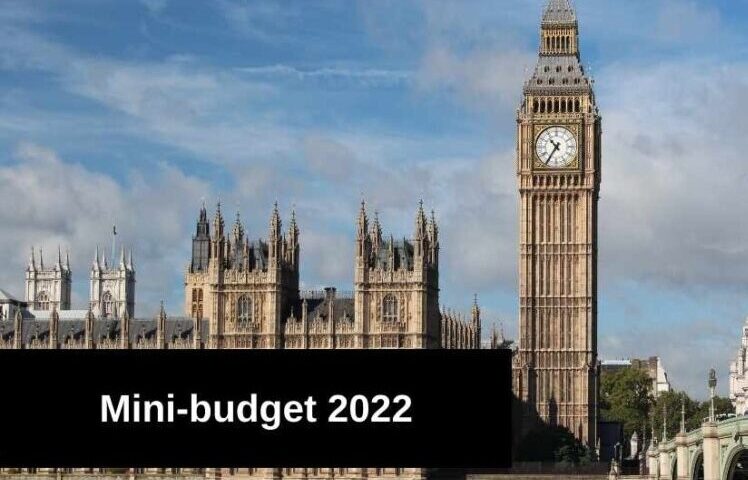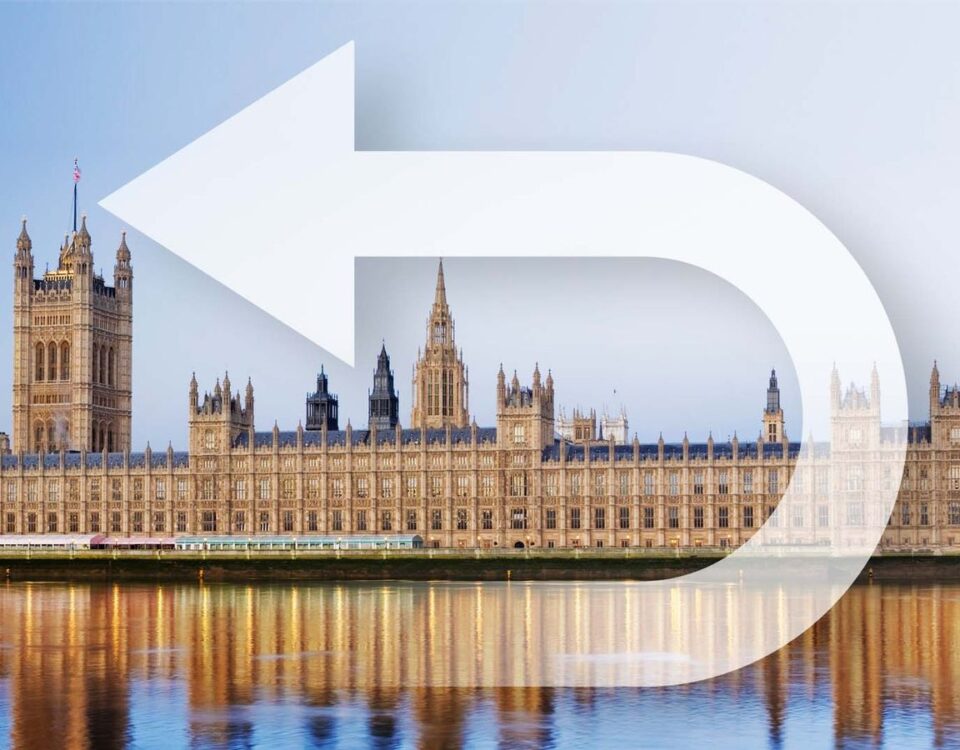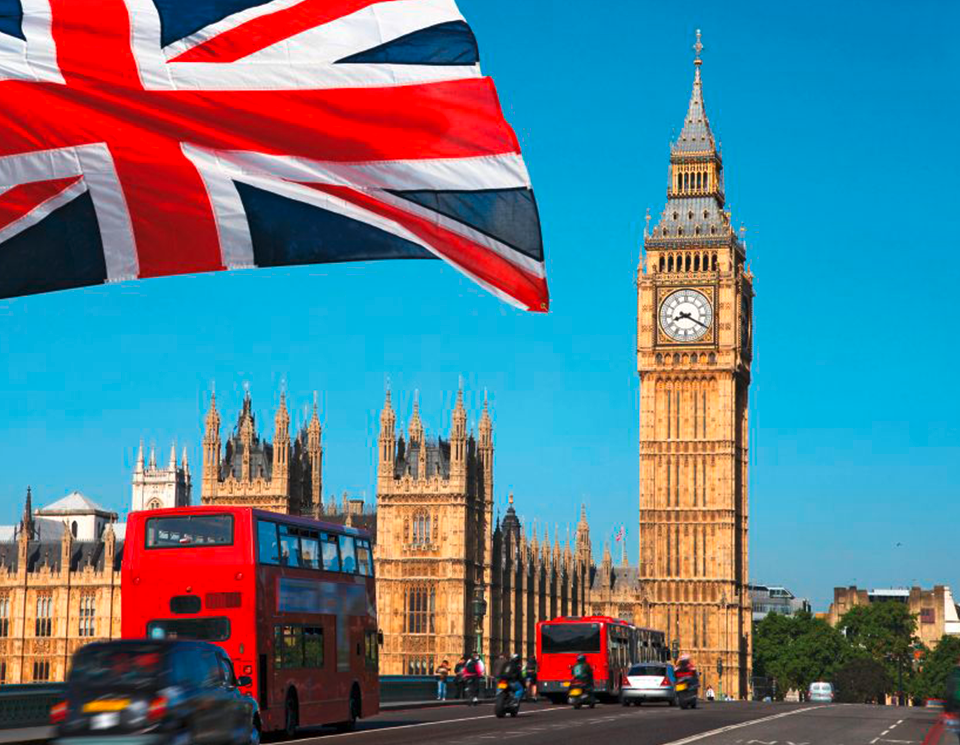Mini Budget 2022 – the key changes!

In what has been billed as the biggest tax-cutting event since 1972, the new chancellor has delivered his mini-budget and announced a series of tax cuts, intended to stimulate investment into the UK and deliver growth for the economy.
Personal Income Tax Cuts
 The basic rate of income tax has been cut by 1p to the pound.
The basic rate of income tax has been cut by 1p to the pound.
From next April 2023, the basic rate of income tax will be cut from 20% to 19%. This brings forward the tax cuts that the previous chancellor had promised by 2024. This means people will pay 19p (down from 20p) to the pound on everything they earn between £12,571 and £50,270. It is estimated that 31 million people will be better off by an average of £170 per year, according to the Treasury.
At the same time, the 45% top rate of tax, which currently applies on earnings above £150,000, will be scrapped entirely – so high earners will instead pay the 40% tax rate on those earnings.
This also means that those who would have otherwise been top-rate taxpayers will start to benefit from a personal savings allowance of £500 – meaning they’ll be able to earn up to that amount in savings interest without it being taxed. Top-rate tax-payers don’t currently have any personal savings allowance.
So, anyone whose annual salary is above £50,271 will pay income tax at 40 per cent.
Stamp Duty Cut
Property buyers won’t pay any stamp duty on the first £250,000 of a property purchase (up from £125,000). The Treasury says this means 200,000 more people every year will be able to buy a home without paying any stamp duty at all.
First-time buyers won’t pay any stamp duty on the first £425,000 (up from £300,000). The Government has also increased the value of the property on which first-time buyers can claim tax relief: from £500,000 to £625,000.
Cuts to National Insurance rates
A 1.25 per cent cut to National Insurance Contributions (NICs) has been announced, which reverses the tax hike that Boris Johnson introduced to help fund the NHS and social care.
The National Insurance increase will be reversed on 6 November 2022.
For the self-employed who pay National Insurance through Self-Assessment, this means you’ll keep more of the salary you pay yourself.
According to The Treasury, the reversal will save 28 million taxpayers an average of £330 each a year. The more people earn, the more they’ll benefit from the change.
Universal credit rules are changing for those on low incomes
From next year, more than 100,000 people claiming universal credit will be asked to “take active steps” to increase the hours they work or find better paid jobs – or face having their benefits reduced.
IR35 reforms to be scrapped
Reforms made to IR35 off-payroll working rules in 2017 and 2021 will be scrapped. From April 2023, contractors will once again be responsible for determining their employment status and paying the right amount of tax.
In 2021, responsibility for working out IR35 status was shifted from the contractor to the client (for medium and large-sized businesses). The change in the private sector mirrored reforms that were introduced in the public sector in 2017.
The chancellor said that the government is scrapping the off-payroll working reforms because they’ve ‘added unnecessary complexity and cost for many businesses’.
Energy support for businesses
While the details of the Energy Bill Relief Scheme were finally announced on 21 September 2022, the cost of living Budget was an opportunity for the chancellor to outline how they’ll be funded.
The scheme, starting on 1 October 2022, will give discounted gas and electricity unit prices for those on non-domestic contracts for six months.
The news that business energy costs will be capped for six months will have been welcomed by small business owners – providing short-term relief and ensuring more businesses can make it through the coming winter.
With many small businesses still in recovery mode from the impact of the pandemic, rising costs and spiralling energy bills will put countless small firms at serious risk.
No increase to Corporation Tax
Plans to raise the tax from 19 per cent to 25 per cent were proposed by the previous Chancellor, but the new Chancellor has decided to freeze the rates. Limited companies therefore, won’t see the planned increase to corporation tax from April 2023, and tax will remain unchanged at the rate of 19 per cent.
Alcohol duty frozen
Planned tax increases on beer, wine, spirits, and cider, due to take place in February 2023, have been reversed. According to the Treasury, this equates to a tax cut of around £600 million.
At the same time, five per cent cuts to duty on draught beer and cider will be extended to cover kegs as small as 20 litres to help smaller craft breweries.
The tax paid on alcohol is supposed to rise in line with inflation. However, it has been cut or frozen every year since 2013.
It was also confirmed that a new alcohol duty system, first announced by the previous Chancellor, will be introduced on 1 August 2023. The new system means higher duty for stronger alcohol, with cuts to duty on premium sparkling wine, beer and cider.
Here’s an overview of some of the other measures announced today:
- pension fund investments will be unlocked
- the bonus cap for city bankers has been scrapped
- the introduction of minimum service levels by law to reduce strike actions in industries like the rail sector
- overseas shoppers will benefit from VAT-free shopping
- the Bank of England will remain financially independent
- expansion of the Enterprise Investment Scheme



